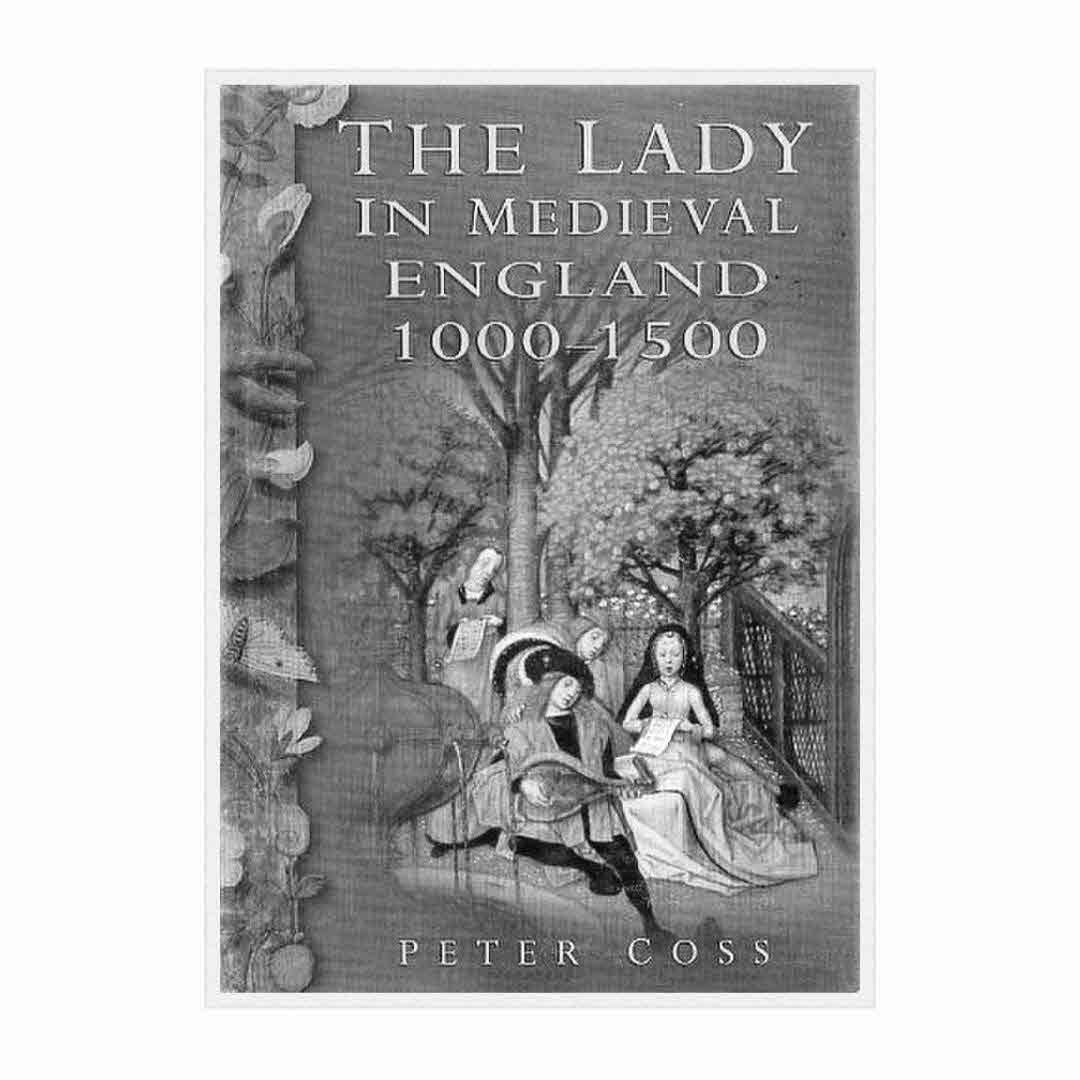
Random book from our personal library.

Random book from our personal library.
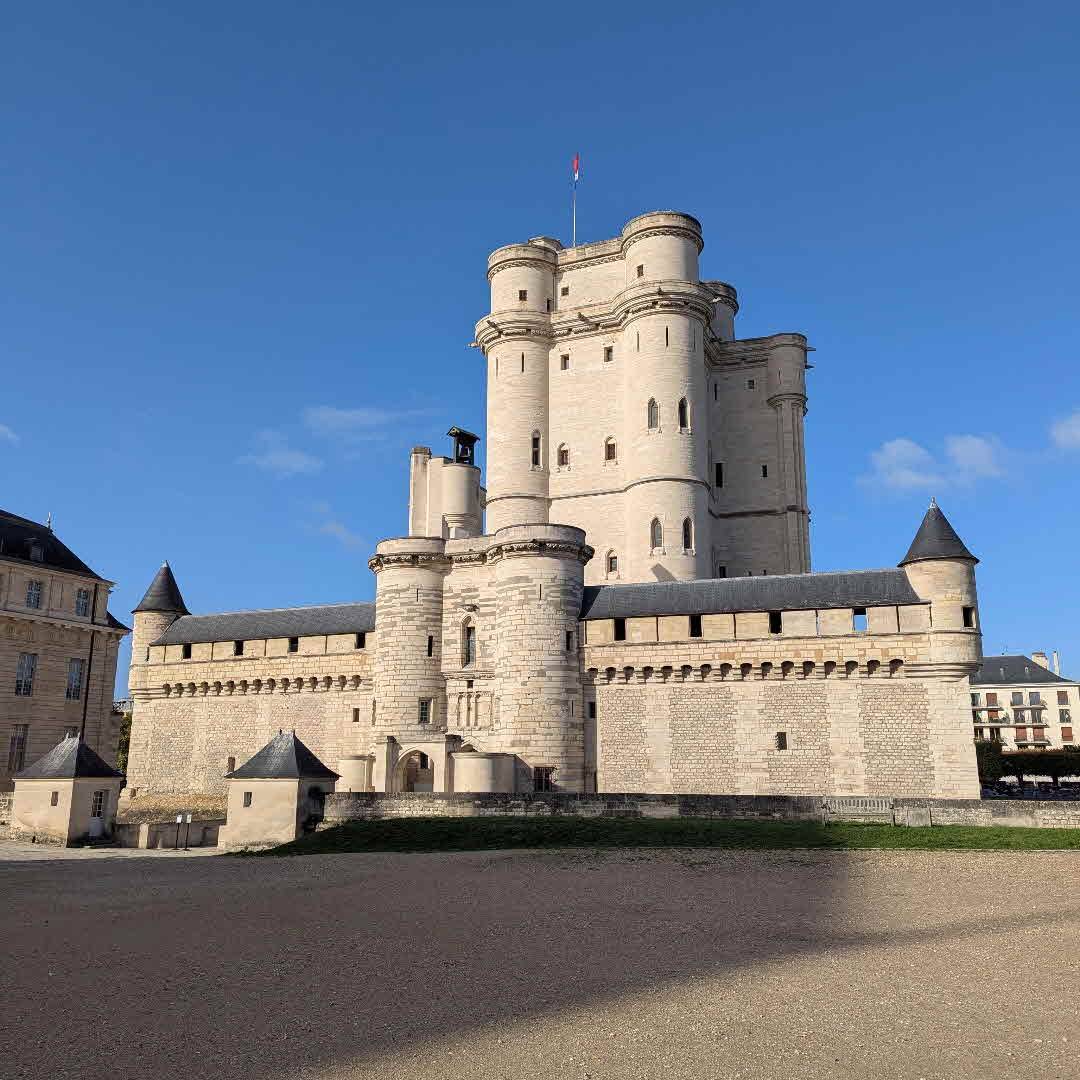
A history of the Capetians from Hugh through to Charles IV (before it passed to the Valois) focussing on each of the kings. I was familiar with some of them before (like Philip Augustus and Philip IV (the fair) but this helped to put them in sequence in a very readable way.
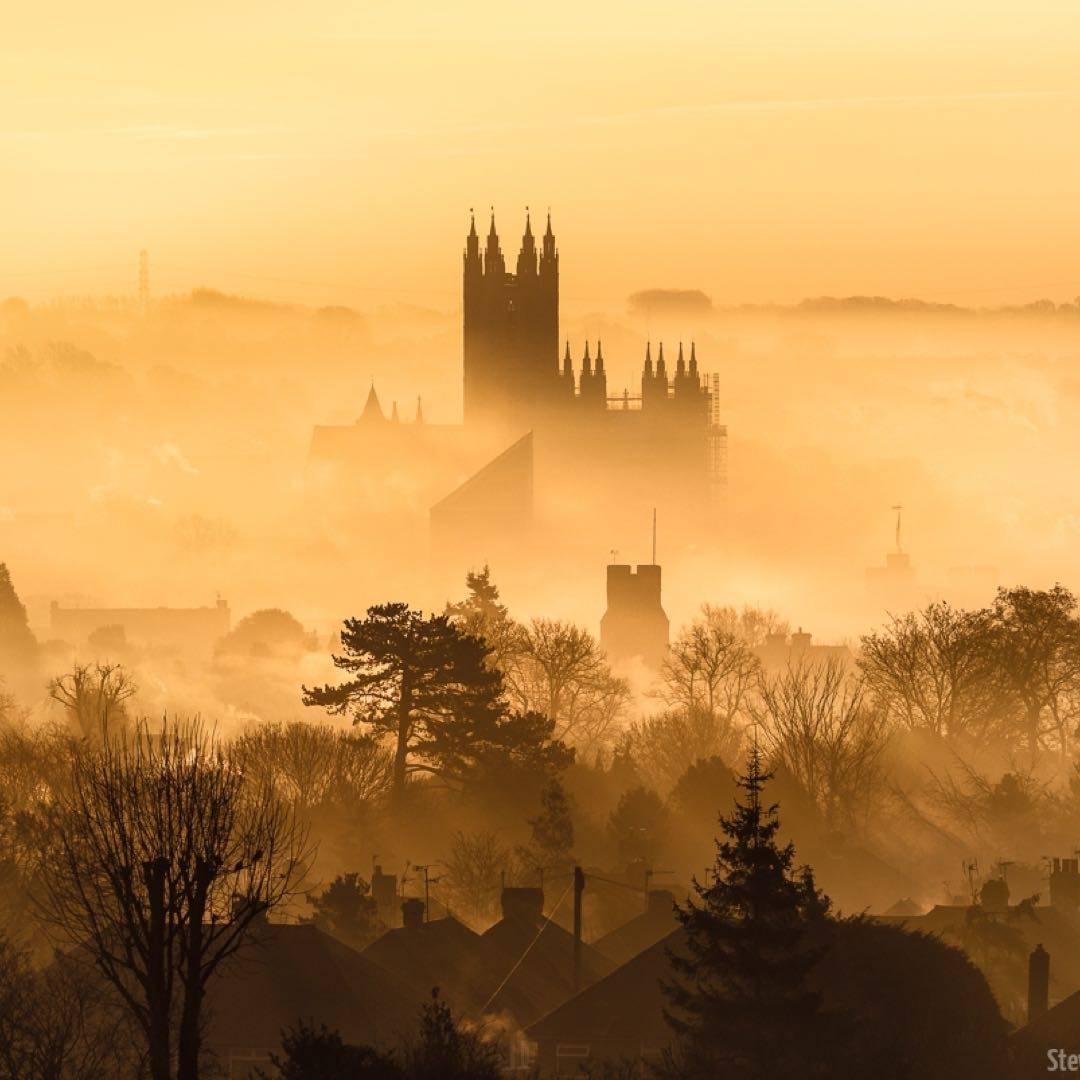
I‘ve always been a medieval nerd, so I enjoyed this memoir. The author decides to take a pilgrimage on foot to Canterbury, just like the peasants of older days did. Filled with history, this is an educational memoir with healthy dollops of Chaucer thrown in. Folks who enjoy Renn fairs will enjoy this book.
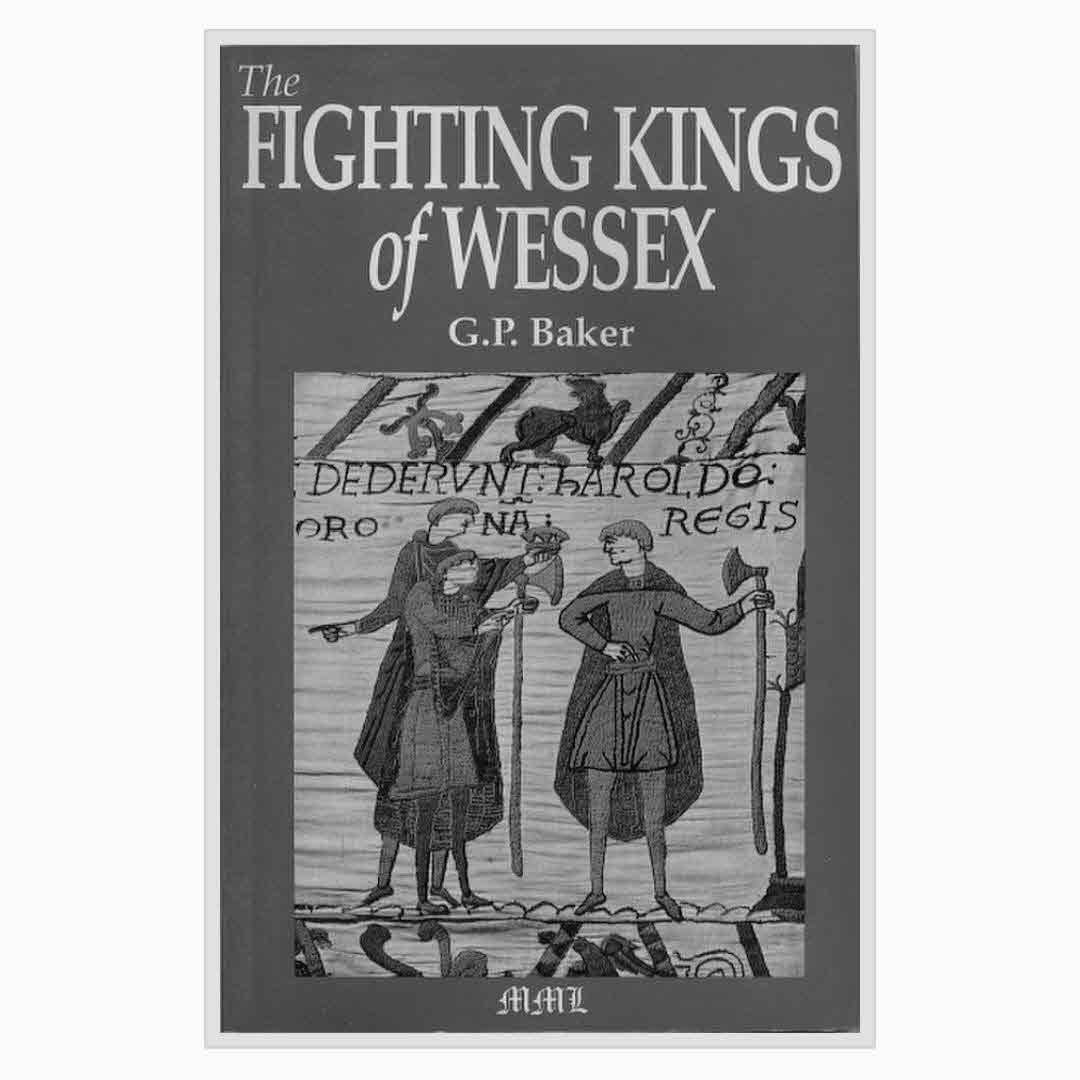
Random book from our personal library.
I found this one at Pioneer Book, a cool indie in Provo, Utah, a couple years ago.
Got this for my birthday this morning, already finished it, oops?
I like that it focuses not just on books but all kinds of manuscripts, including the quotidian. Because of that, it discusses a couple of cases of destruction I wasn't aware of.
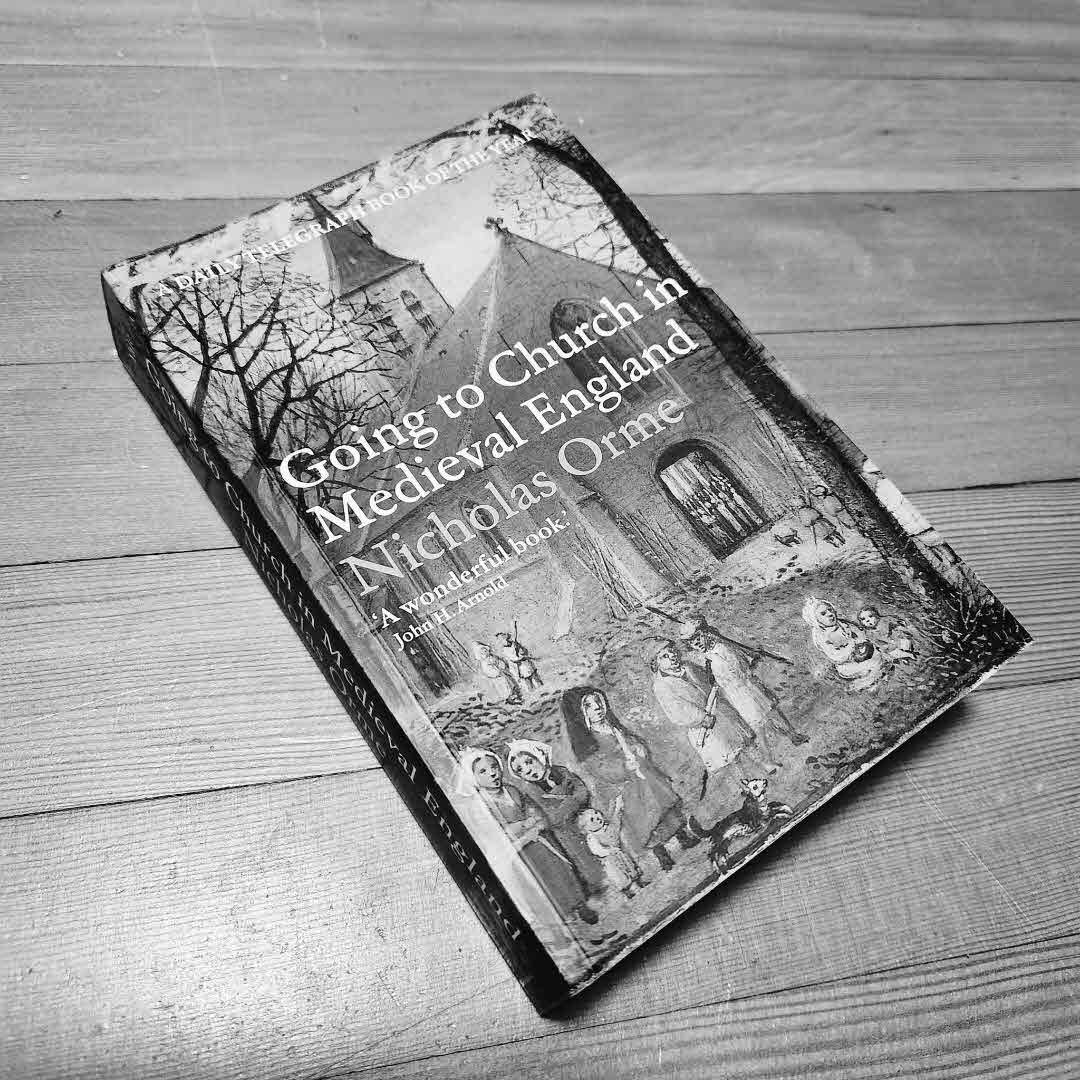
★★★★★
Orme admirably covered his huge topic. I learned so much. The book was beautifully designed by Yale University Press.
English Christianity in the mediaeval period has become a major fascination of mine. I asked Tudor historian Norman Jones for a recommendation and I'm so glad he suggested this.
Soft pick. It's beautifully illustrated, with in-line colour illustrations, but it feels a bit... random? There wasn't a lot that surprised me, and I'd be hard-pressed to pick out any main points.
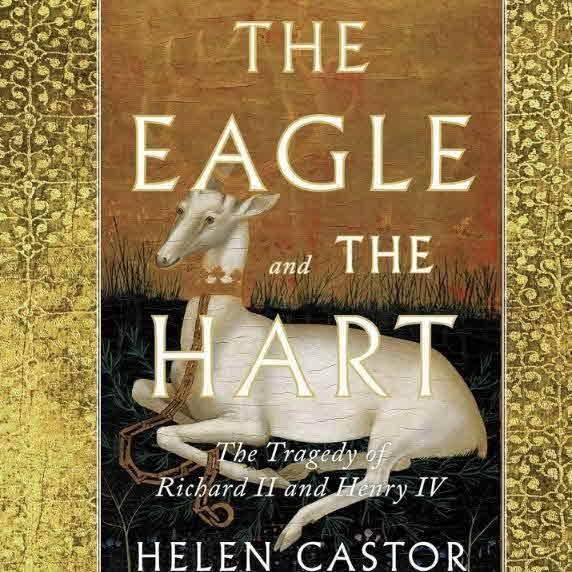
Loving Jonathan Bailey and stalking him on google, I knew he played Shakespeare's Richard II earlier this year. I also adore Gaunt's and Kathryn Swynford's love story.
I learned so much from this book, such as Gaunt and his son, the future Henry IV, supported Richard. His arrogance and entitlement ruined his chances of a successful reign. Henry had even gone into exile peacefully until his inheritance was stolen.
I really want to read the play.